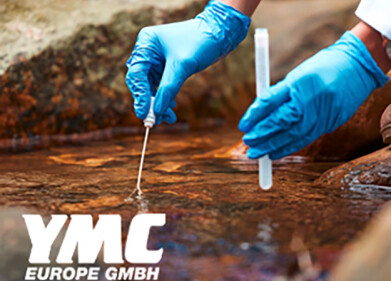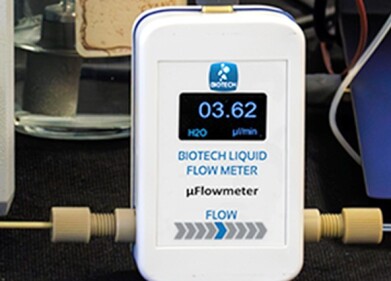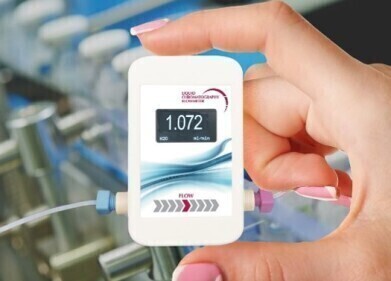HPLC, UHPLC
What Role Does HPLC Play in Legal Proceedings?
Jan 14 2022
HPLC has been utilised for a range of applications over the past few decades. Short for high-performance liquid chromatography, it allows different components to be separated, identified and even quantified from within a mixture.
That makes it ideal for pharmaceutical use to check product purity, and food production to monitor chemical residues. But it also gives it a purpose within the legal domain too. Read on as we take a closer look…
The search for drugs
There is a vast array of drugs in the world, whether it’s stimulants that speed things up, depressants that slow things down, opioids that relieve pain, or even hallucinogens that distort people’s perception of reality. They range from widely accepted drugs like caffeine and prescription pills – or even alcohol in some cultures – to illicit substances like cannabis, cocaine and LSD.
For the latter, it’s up to the police to crack down on distribution and usage to avoid the negative impacts that can arise as a consequence. For example, illicit drug use has been linked to acquisitive offending (crimes for financial gain like theft and burglary). There are also negative implications for the healthcare system, and the network of people around drug users.
While possession can be proven through physical evidence, there are some instances where drug use in particular needs to be proven – such as child custody cases, driving under the influence, or drug use in the workplace. That’s where HPLC comes into play…
HPLC and drugs
While traces of most drugs disappear from blood samples within a day, they can stick around for several days in a user’s urine. That makes it the sample of choice for police charges where culprits may have taken drugs up to five days prior to their arrest.
Used in tandem with mass spectrometry, HPLC can detect a number of common illegal drugs, including cocaine, LSD, cannabis and ketamine. It can also detect opioids – many of which are legal through prescription, but have become illegally produced and distributed.
Sporting disqualifications
It’s not just society which has rules on drugs. They are also prohibited by sporting bodies across the world, to avoid any athletes gaining an unfair advantage. To make things more difficult, some modern drugs are designed to disappear within the body, making them harder to detect.
Thankfully, this is another area where HPLC can be used. As well as identifying doping agents themselves, the technique can detect metabolites, which are produced in the body when it reacts to substances.
As well as HPLC, other types of chromatography such gas chromatography can be used for the detection of illicit drugs. That’s discussed in the article ‘Novel Coiled Microextraction Sampling Device used for Field Sampling of Illicit Drugs of Abuse and Analysis by Micro Gas Chromatograph/Mass Spectrometer’.
Digital Edition
Chromatography Today - Buyers' Guide 2022
October 2023
In This Edition Modern & Practical Applications - Accelerating ADC Development with Mass Spectrometry - Implementing High-Resolution Ion Mobility into Peptide Mapping Workflows Chromatogr...
View all digital editions
Events
Jan 20 2025 Amsterdam, Netherlands
Feb 03 2025 Dubai, UAE
Feb 05 2025 Guangzhou, China
Mar 01 2025 Boston, MA, USA
Mar 04 2025 Berlin, Germany



.jpg)










